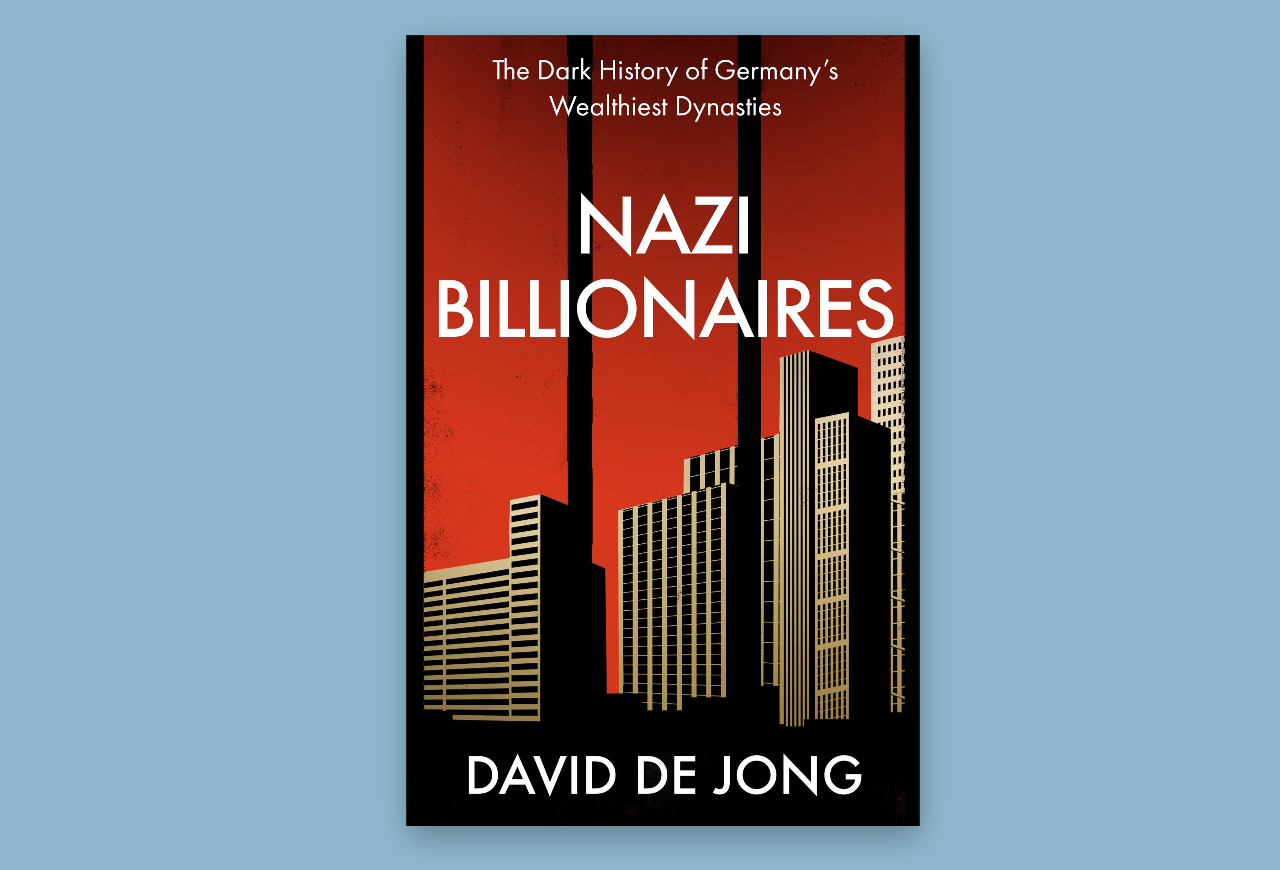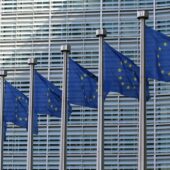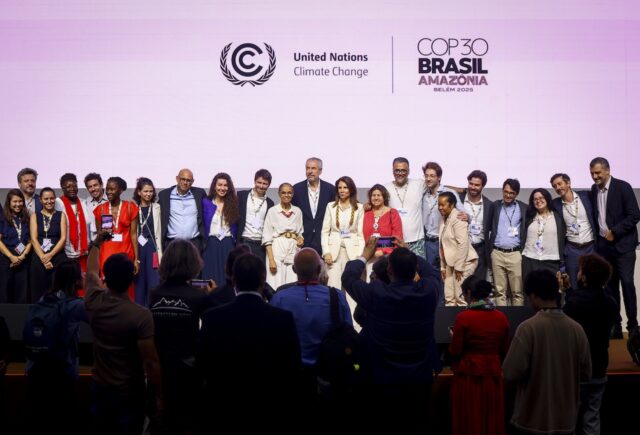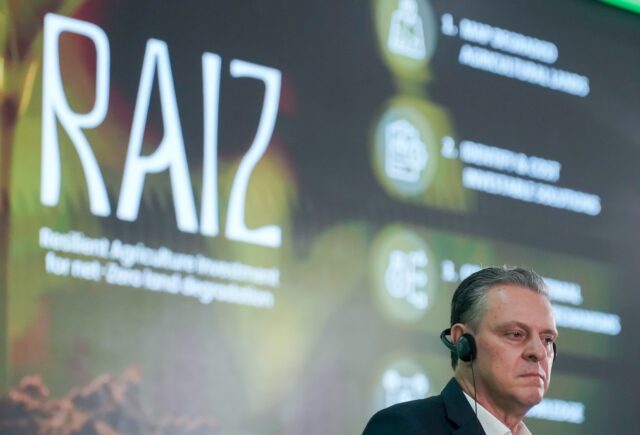In this meticulously researched book, the author confronts ethics in business in its purest form and unveils how some of Germany’s wealthy dynasties benefitted from the Nazi regime

In brief
- Investigative journalist David de Jong reveals how leaders of many German businesses actively helped the Nazis to power and benefitted from the regime and “turn[ed] back the clock and revived slavery in Europe”
- Many went on to acquire greater wealth and power and their names continue to be on foundations and businesses across Europe today
- “Why are their charitable foundations, media prizes, and corporate headquarters still named for their Nazi collaborator patriarchs?” the author asks
David de Jong is a financial journalist who made his name in Amsterdam and New York covering billionaires and their hidden wealth for Bloomberg.
As part of this work he stumbled on an inconspicuous website Harold Quandt holdings listing assets of $18bn and he asked himself “how did an obscure Germany family office with a barebones, one page website manage to invest such staggering amounts of money? That question became the loose thread that led me to this history”, he writes.
The author spent four years meticulously researching not just the Quandts of BMW but also other dynasties – among them the Flicks, former owners of Daimler Benz, the von Finks who co-founded Allianz and Munich Re, the Porsche clan, and the Reimanns.
They’re a secretive bunch. When he started, he recalls, “no picture of a Reimann had ever become public. No one even knew where the family lived”. And yet their company JAB had spent more than $50bn acquiring major brands such as Dr Pepper and Krispy Kreme in the US, and Pret A Manger and Douwe Egberts in Europe.
In this book, De Jong suggests there’s a reason for all this secrecy. Although in most cases these family fortunes existed before the Nazis came to power, it was through active collaboration with the regime that they were significantly enhanced.
We learn about their crucial role in funding Hitler’s seizure of power. One meeting in 1933 raising 3 million Reichsmarks for Nazi party funds at a crucial turning point in history.
This investment paid off. The author details how many of these businesses led the so-called ‘Aryanization’ of rival companies. A process whereby Jewish owners were forced to give up their assets at knock-down prices, and Jewish senior executives were ruthlessly removed from companies.
Even more shocking is how they were beneficiaries “from one of the largest coercive labour programmes the world has ever seen”, leading to the rapid growth of “sub-concentration camps” near factories across the country.
“At least twelve million foreigners were forced to work in Germany during the war – men, women, boys, and girls. Two and a half million of them died there, many after being subjected to horrific work and living conditions,” De Jong writes.
For example, at the Flick factories in Rombach “women performed hard labour in 12-hour shifts …even working in the steel smelting furnaces” while pregnant. After a bowl of soup, 30 at a time crammed into a tiny room to sleep”.
And yet “almost all of [the billionaires] were allowed to walk free after Nazi Germany fell”. Why?
According to the author it was principally because “the United States wanted a bulwark against communist expansion in Europe” and therefore shifted from punishing Germany”to “enabling its economic recovery.” But also, because “most Germans were no too keen on judging their own compatriots… for crimes and political convictions that many of those sitting in judgement had participated in themselves”.
Indeed, far from being punished, these dynasties went on to even greater wealth and power. De Jong asks some awkward questions. “Why are so many of the heirs still doing so little to acknowledge their forebears’ crimes, projecting a view of history that keeps these matters opaque? Why are their charitable foundations, media prizes, and corporate headquarters still named for their Nazi collaborator patriarchs?”
He contrasts this with the very active contemporary re-examination of slavery which is leading to the tearing down of statues and the renaming of colleges over events considerably less recent. And yet “this movement toward facing the past somehow bypasses many of Germany’s legendary businessmen”.
The billionaires’ defenders say they achieved so much for German business. But as an historian pointed out in 2021 anyone who had “profited from the Nazi system” and thus sinned against humanity’s core values “doesn’t deserve a relativising overall view of his life’s work”.
Indeed, reading these crimes I wondered if we should not go even further, not just renaming foundations et cetera, but tackling the thorny question of compensation. The Remembrance, Responsibility & Future Foundation (EVZ) was established in 2000 and over the following five years paid out some €4.4 bn. But this was to nearly 1.7 million former slave labourers. The payments listed by De Jong seem derisory – a mere €2560 to living survivors of slavery.
As one US prosecutor summed up in one of the few trials that actually happened “the defendants will tell you that they were not anti-Semitic ….and yet they fattened on the misfortunes of wealthy Jews.” They “turn[ed] back the clock and revived slavery in Europe. These men shamelessly betrayed whatever ideals they might have been expected to possess, and, in the end, they betrayed Germany”.






